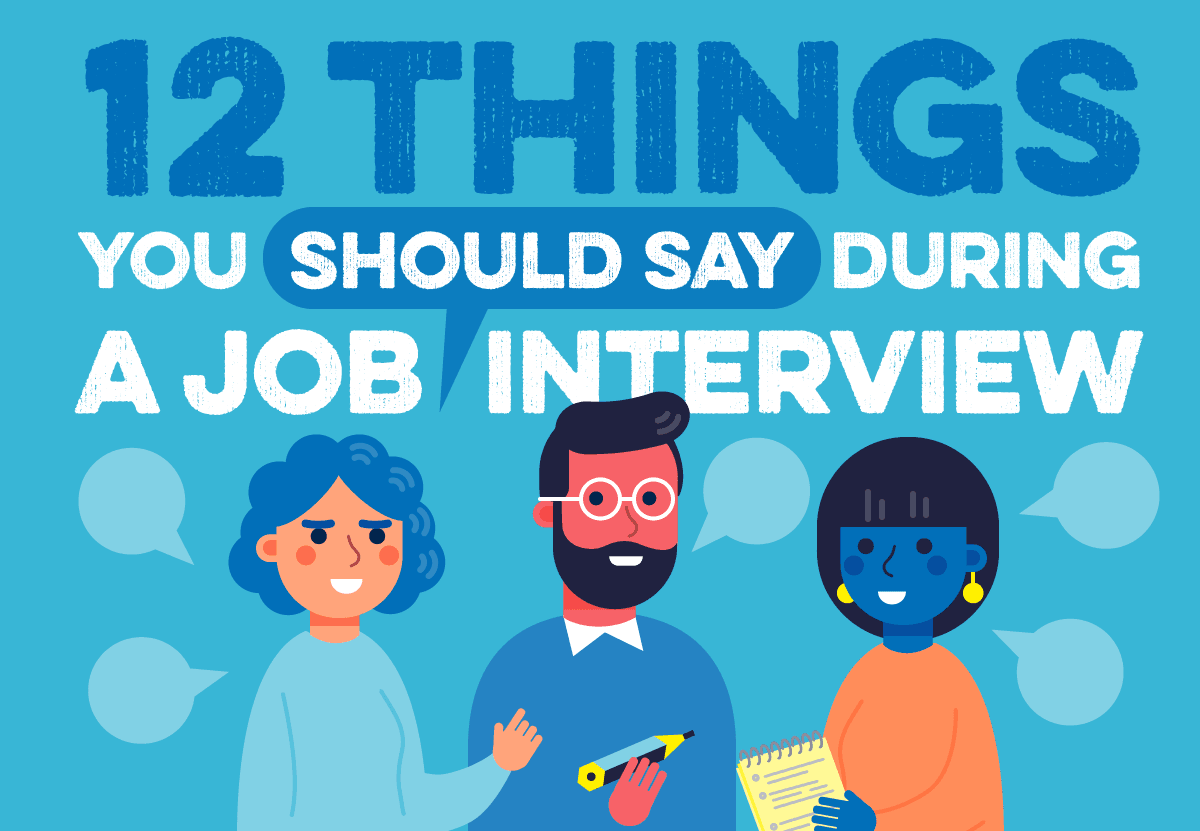Going for a job interview is one of the most stressful things you can go through, particularly because the pressure and the focus is all on you. If you get lost for words, there’s not much you can do to salvage the situation, as every word you have to say is so important. Even more stressful is the realisation that when you’re at a job interview, there’s never really a ‘downtime’ when you can relax, as what you say before and after the actual interview will still count for or against you.
Of course, research is key, so everything you say needs to be relevant to the job description and the company, and you need to be ready with evidence from your own career history as well. Most of all, you need to demonstrate how much you care about the role and the company and how beneficial hiring you would be for them.
Q3 2019 hedge fund letters, conferences and more
The difference between a candidate they remember and one they forget as soon as the interview finishes can be what is said, so here are 12 things that you need to say to help you make a great first impression at each stage of your job interview:
Before the interview
This is the stage at which you’ll be the most nervous, and even though it might feel like you can get away with making some mistakes here, your interviewers will still be assessing you even at this informal part of proceedings. So don’t walk in complaining about having a hangover or admitting that you don’t know why you’re there. Instead, demonstrate your enthusiasm for the role and your excitement for being called for interview for it.
You can also take the opportunity before the real questions start to get your elevator pitch in, summing up all the reasons you think you’d be right for the role and wowing them before they’ve even sat down. Another way to shine early on is to show that you’ve done your research into the company by pointing out something you particularly like about them or a recent achievement you’re particularly impressed by.
During the interview
You have less control over the situation here because you’re at the mercy of their pre-planned questions, but you can still be well-prepared for most of the common interview questions by having impressive answers ready. Politicians are excellent at turning questions into answers they want to give and you can do the same, not by lying or refusing to answer properly, but by saying things like ‘here’s how I can help your company’, with relevant examples of how your skills fit their needs.
Interviewers love to hear stories from your career where you have demonstrated the skills you claim to have and can back them up with evidence of the impact you had. If you are using key phrases from the job description to prove that you read it carefully, all the better. You also need to show that you’re paying attention in the interview itself, so ask clarifying questions to make sure you understand what you’re being told and to make sure they know you’re interested in what they’re saying.
Ending the interview
No matter how well or badly you feel the interview has gone, there’s still time to redeem it - or ruin it - just before the end. So don’t let relief that the ordeal is nearly over cloud your mind, there’s still work to be done with the questions you can ask them, like what they think about you as a candidate. It’ll help you get an idea of how you’ve done and also shows them that you care about this opportunity.
Just like at the start of the interview, you’ve got a chance here to sum up your qualifications for the job with a quick pitch. This time you’ve even got the chance to include particular strengths that you don’t feel you got the chance to mention already, as well as reminding them of the aspects they seemed most excited about when you discussed them initially. Then, round things off by telling them just how much you want the job, but only if you do actually want the job, of course.
After the interview
Once you walk out of the room, you might feel like all you can do is play the waiting game, but there’s still some opportunities to make the right impression. When you get home, sending a quick email to the hiring manager thanking them for meeting you is a perfect way to demonstrate that you’re keen on the job and are the kind of polite person they’d love to employ.
If there’s an aspect that’s been nagging at you from the interview, whether it’s something that was missed or a question that you fluffed your answer to, you can include this in the follow-up to make sure they have the opportunity to know what you really wanted to say. They may or may not factor it into their decision, but you’ll have still done everything you can do.
And finally, if you have an online portfolio that you haven’t already sent to them, the follow-up email is the chance to share that with them. Taking the opportunities that come to you can be the difference between being a candidate that stands out and one that gets left on the pile. And you definitely don’t want to be one of those, so, from the start to the finish of your job interview, make sure you’ve got these 12 phrases ready to use when the opportunity arises.






